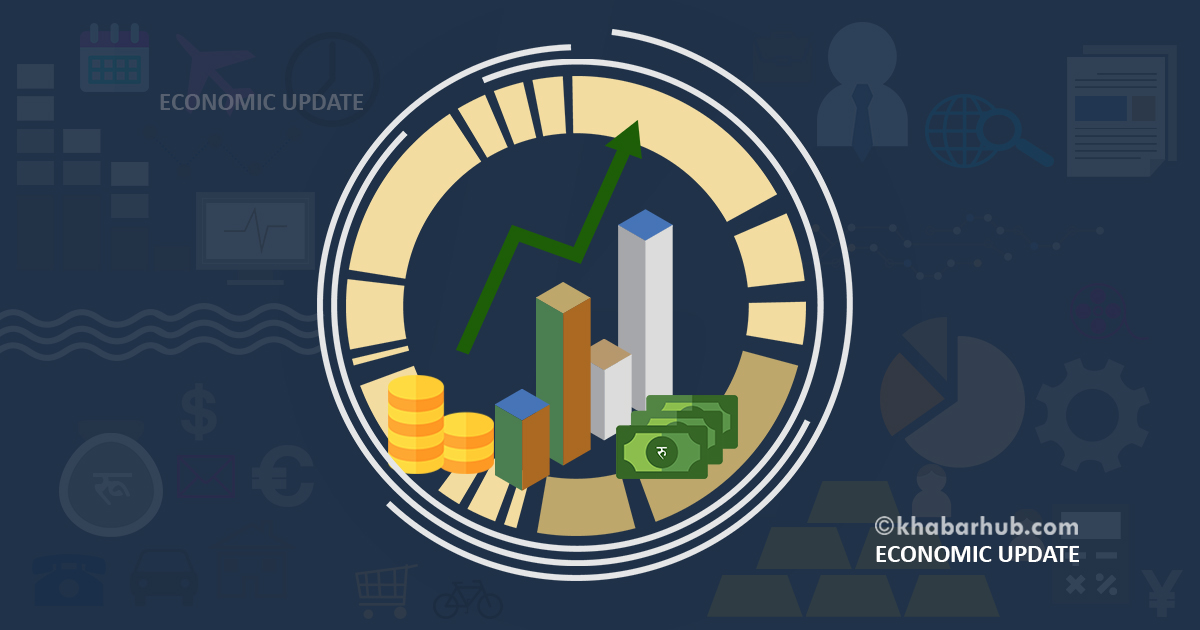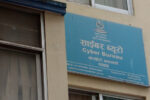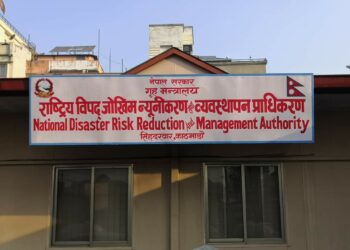KATHMANDU: Economic Digest offers a concise yet comprehensive overview of significant business happenings in Nepal, presented in easily digestible summaries.
Nepal’s outbound spending exceeds inbound tourism revenue
The amount Nepalis spend on international travel is nearly two and a half times greater than the revenue generated from foreign tourists visiting Nepal.
Recent data from the Nepal Rastra Bank (NRB) shows that by mid-April of the current fiscal year 2023/24, foreign tourists have contributed Rs 60.45 billion to Nepal’s economy, marking a 40 percent increase from the same period last year.
The primary source of foreign exchange remains remittances from Nepalis working abroad. Up to mid-April this year, these remittances amounted to Rs 1.82 trillion, with tourism revenue accounting for just 5.6 percent of the total foreign exchange earnings.
This highlights the imbalance between Nepal’s outbound and inbound travel expenditures, indicating a significant economic leakage.
The stark contrast between tourism revenue and remittances underscores the latter’s critical role in Nepal’s economy, emphasizing the need for a more robust strategy to leverage tourism’s potential.
Investors gain Rs 84 billion as NEPSE rises 52.53 points last week
The Nepal Stock Exchange (NEPSE) saw a 52.53 point increase last week, resulting in investor gains of Rs 84 billion. This uptick followed the government’s decision to allow a reduction in stock brokerage commission fees.
The market opened at 1,966.23 points on Sunday and closed at 2,018.76 points on Thursday. During the week, the index reached a high of 2,048.23 points and a low of 1,962.21 points, indicating a volatility range of 86.02 points. Throughout the week, the market showed positive momentum, rising for four consecutive days.
The rise in the NEPSE index highlights the positive impact of the government’s regulatory decision on investor sentiment. The substantial gains over the week reflect increased market confidence and activity. However, the observed volatility suggests that while the market is optimistic, it remains sensitive to broader economic and policy changes. This growth also underscores the potential for regulatory measures to influence market dynamics significantly.
Govt to ensure 10-year income tax waiver and easy loans for startups
The government is set to boost investment in startup enterprises through the ‘National Startups Policy, 2080’, recently approved by the Council of Ministers. This policy includes provisions for a 10-year income tax waiver for startups, as well as simplified loan access.
Key measures involve waiving costs related to enterprise registration and renewal, and offering concessions on seed money, human resource development, consultancy, and technical assistance.
Additional benefits include concessional loans, cash incentives for exports, and mandatory investment from banks in startups. A dedicated fund and loan subsidies will also support innovative enterprises.
This approach is likely to enhance the attractiveness of starting a business, encourage innovation, and contribute to economic development. However, the success of the policy will depend on its effective implementation and the ability of startups to leverage these incentives for sustainable growth.
Birgunj Dry Port Customs Office collects Rs 40.3 billion in revenue over 10 months
The Birgunj Dry Port Customs Office reported revenue of Rs 40.3 billion for the first 10 months of the current fiscal year, achieving 60.72 percent of its target despite an economic downturn.
The revenue collection was below expectations due to a nationwide economic slowdown. The Department of Customs had set a revenue target of Rs 54.27 billion for this period, but the challenging economic conditions resulted in lower collections.
The revenue shortfall at the Birgunj Dry Port reflects broader economic challenges facing Nepal. The customs office’s performance, achieving just over 60 percent of its target, underscores the impact of the economic recession on trade and revenue collection.
(Compiled and prepared by Srija Khanal)
Economic Digest is a daily morning economic digest, basically relatable summations of the most important business news, and happenings from Nepal into easy-to-understand summaries.









Comment